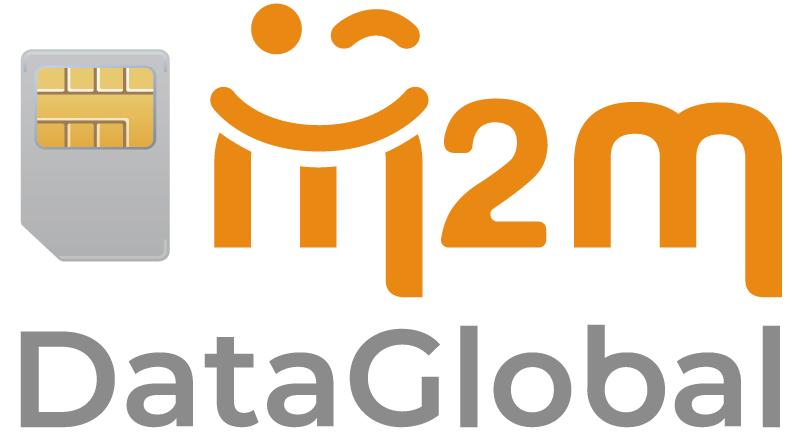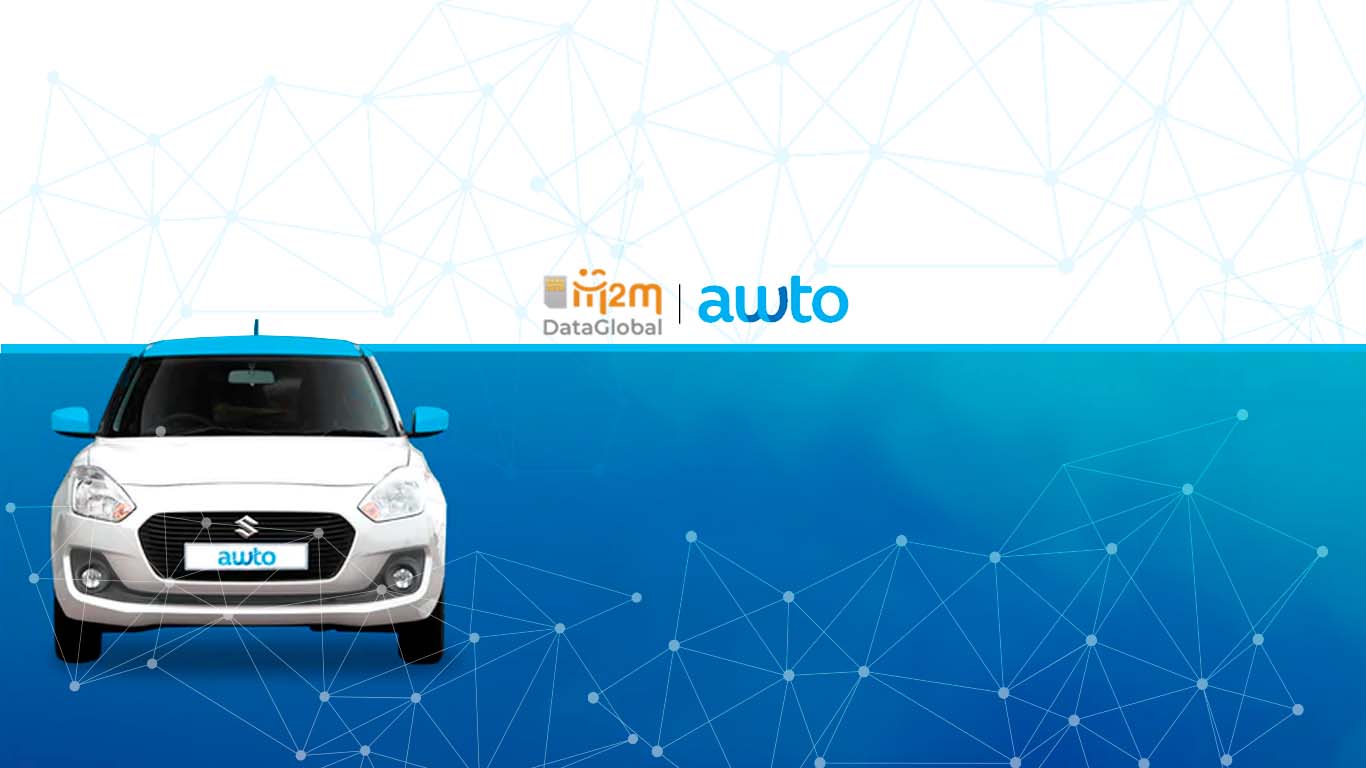Awto celebrated its first five years in 2021 with 53,000 active users in Chile and Argentina, and the goal of doubling the number by the end of the following season.
A pioneer in "carsharing", the company linked to the Kaufmann Group continues to grow, with a robust fleet that includes not only citycars and SUVs, but also high-end models, hybrids and commercial vehicles.
In this interview, the company's Technology Manager, Sebastián Breit, talks about the company's trajectory and its long-standing partnership with M2M DataGlobal.
How was the company born and how has its operation evolved?
We started as an idea of the Kaufmann Group, which wanted to bring carsharing to Chile, whose task was entrusted to a team of entrepreneurs that I integrated. We started looking for technology providers that we could manage from Chile, with experience and capacity to provide us with the plug-and-play technology to integrate the cars and provide the service. It was a painful road, it worked very badly, but it was the first turning point of the company. However, the technology and the supplier were adapted to other realities, they had several technical problems that did not fit our needs. We realized that this was going to happen with anyone else as well. With the experience we gained, we decided to develop our own technology. That's how this adventure began.
How long did this process take?
It took about 10 months to go into production, when we had to migrate the mobile applications, users and vehicles to our own technology. From then on, we started to consolidate our first platform and applications, and to operate as we wanted.
What does the application consist of and how is the idea of part-time leasing growing?
It all stems from data or facts, such as the fact that cities are becoming more and more crowded and the costs of owning a vehicle are very high and diverse, starting with the vehicle license, the technical inspection, maintenance, insurance, and all that this implies, such as parking lots, possible incidents or crashes. How can this be outsourced? By using a vehicle as a service. This is in addition to the fact that our own vehicles are parked more than 95% of the time. All this creates an opportunity to optimize the use of these parked vehicles and apply a kind of circular economy: when I do not use a resource, it can be used by someone else. The concept of owning one's own car, which was very deeply rooted, has been diluted over time. The new generations do not want "cachos", the responsibility of having their own car and worrying about it. On the other hand, when you accept this concept a little bit, you start to see other benefits: you not only have a car at your disposal, but a whole fleet, with different types of vehicles, from a city car to a sports car, including commercial vehicles. And you pay only for what you use the vehicle, with everything included, you don't even have to worry about fuel.
What technology systems do you use to control?
Our technological ecosystem is quite broad, but clearly one of the fundamental pieces is communication with vehicles, which we achieve through GPS devices, which are somewhat more advanced than the typical telemetry GPS. They have digital inputs and outputs, and we intervene certain key points in the vehicles in conjunction with the manufacturers or brand representatives to have a fully approved integration, without risks. The process allows us to send them commands for opening or closing doors, immobilization andinputs, such as the inhibition status or whether the key is in the cabin. For all this communication, we need the modules to be connected to the network for as long as possible, and this is not trivial. M2M DataGlobal managed to solve one problem: how to get our modules to connect to multiple operators on demand. The company has the multi-operator SIM card product and, in particular, we use Telefónica's roaming cards, which has extended the coverage of our service. We always do a technical feasibility check in the points where we want to operate in order to have a certain quality of service. With these cards, we have had very few problems.
How do you offset the impact of Awto's carbon footprint?
We are certified as Company B and compensate the emissions of our vehicles through carbon credits and the planting of trees in the Valdivian rainforest area. We are dedicated to renting cars, which emit carbon. By optimizing people's mobility we also minimize the use of vehicles. On the other hand, the use of these vehicles is compensated.
In 2019, you debuted software with a new design to optimize performance and customer experience and usability. How do you assess it in the light of time?
Our software is under constant development. Awto is a technology company, not acarsharingcompany. Although the face of the company is the blue-roofed cars, the company has recently focused on generating acarsharingecosystem applicable to different business models. Today, we work with mining companies and with their own fleets, which use our technology to optimize their operations, starting with Kaufmann, Awto's parent company. The problem with almost all companies that have a fleet is that they don't really know who is using the car. Others have telemetry services, but if no one is watching, there is no intelligence, control or optimization. A "carsharing" system visibilizes and optimizes in a notorious way the rate of use of the vehicles.
In the Kaufmann success story, we manage to evaluate which cars are not being used so that they are automatically discarded. You can also reward and penalize good and bad users of the app. The real focus of our company is to improve car sharing technology.
What are the main M2M Data Global products that you use to run Awto?
The SIM cards, which are roaming cards, and GPS modules, but the most important thing about M2M is the support it provides, it is immediate, super personalized, we have never had any kind of friction. That is something that is appreciated and that, in my opinion, has great value.
By support, I don't just mean when something goes wrong, but also when they immediately relay problems to the phone companies. So the end customer knows what is happening, tells us when it will be resolved and is available for questions. On the other hand, the support we have used the most are technical queries to solve certain concerns and get in touch with whoever is needed. On the part of M2M DataGlobal, they have always been available even for things they don't do, such as configuring a module. If they know, they tell me right away; if not, they put me in touch with whoever knows. That's something very valuable and much appreciated.
How does the partnership with M2M DataGlobal make Awto's operation more efficient?
Through their willingness to help, to solve the problem, to put you in contact with whoever is needed. Although the main service we use is SIM cards, we also use the M2M DataGlobal platform, which makes it very clear which are the uses of the cards. You can also identify when you have a module that is operating poorly or is over-consuming, or when you are running out of pool and they directly suggest a change for the better. They also offer us access to the APIs, for direct communication with those cards.
What has differentiated M2M DataGlobal from its competitors?
When we have an emergency, we contact them directly, they attend us without any problem, they have never told me that they do not have time. M2M DataGlobal is always there and is always concerned that your problem is solved. That is the differentiating point, that is priceless, it is one of the great values of the company and the service it provides.

